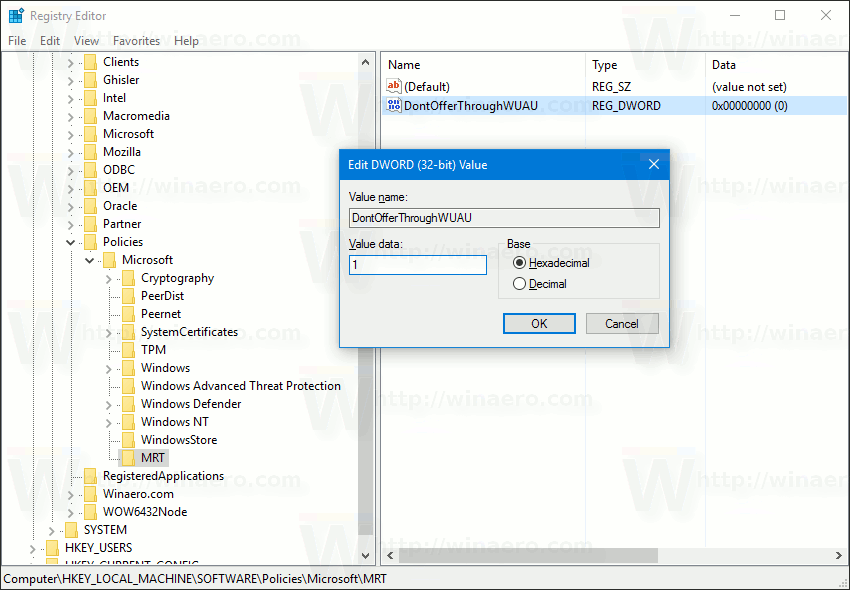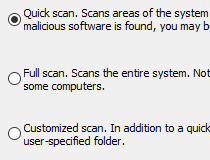
Then, type “ Windows Security.” From the selection of outcomes, choose Windows Security. Check this out to fix Antimalware’s high CPU usage.

You must manually check the updates if the Windows Malicious Software Removal Tool won’t run or if it stops functioning. Manually Check For Updates In The Malware And Threat Safety Unstable Internet access may be the root of the issue. Verify The Internet Connectionįirst, it’s advisable to check your Internet access when the Windows malicious software removal tool not installing. Let’s see the solutions to Windows Malicious Software Removal Tool that keeps updating. Check this out if your computer takes a long time to restart.

You can use the following fixes to quickly solve the problem if the Windows Malicious Software Removal Tool isn’t functioning on your Windows computer.īefore attempting the methods below, restart your computer to see if anything has changed. Fixes For Windows Malicious Software Removal Tool Keeps Updating In either scenario, restarting your computer is necessary for the malware removal process to finish. When finished, you’ll see the same report informing you if any adware or virus was discovered and removed. Manually: The most recent version is available for download and use as a standalone utility.Īs it scans, it will run in the foreground and update you on its status.

Check this out if you have to fix a Microsoft error. In that case, a report informing you of the identification and elimination of malicious software would show up. The most recent version of the application will run covertly in the background if Microsoft installs it after an update you won’t know it until it finds an infection. There are two modes for the malicious software removal application. This suggests that the application is frequently changed, so if you intend to use it, it’s a good idea to download the most recent version from Microsoft. The Windows Malicious Software Removal tool is typically updated at least once a month as part of a Windows update.



 0 kommentar(er)
0 kommentar(er)
